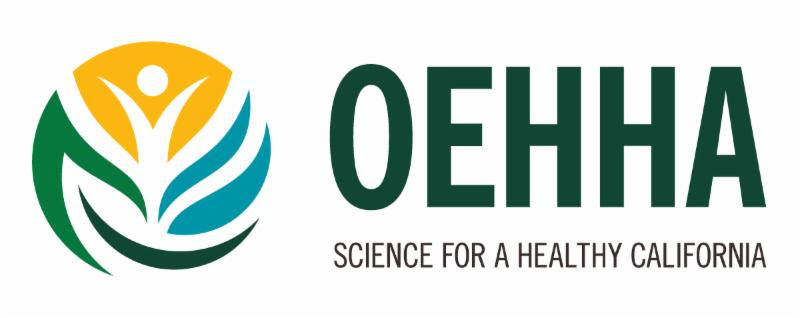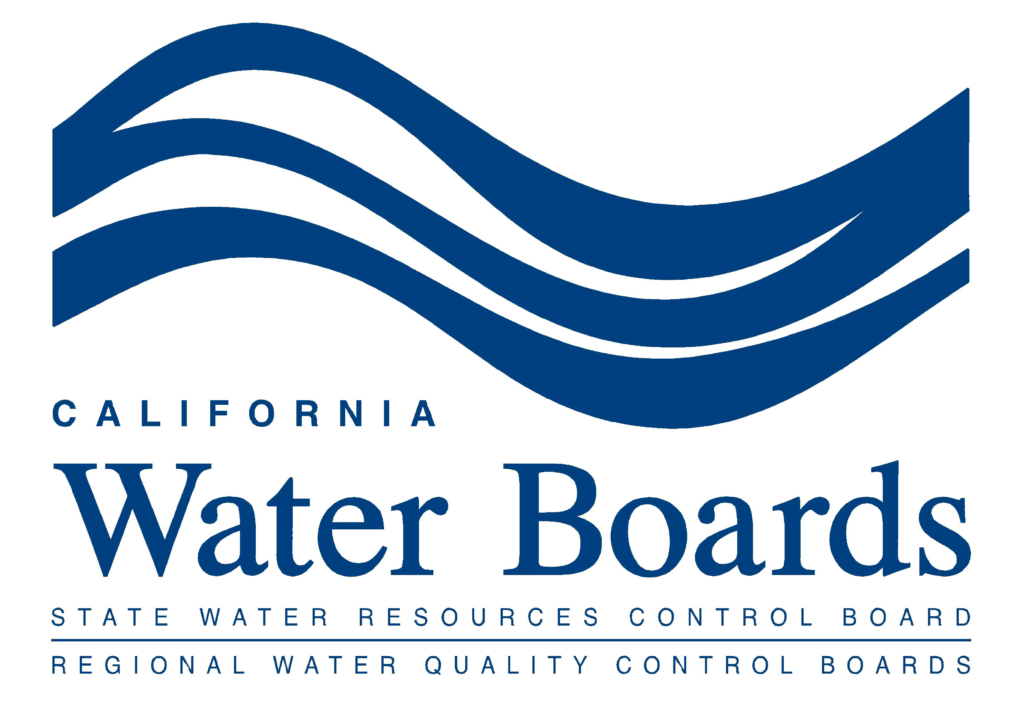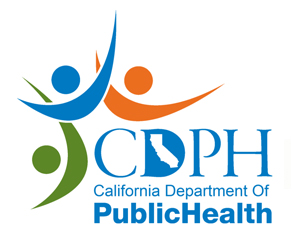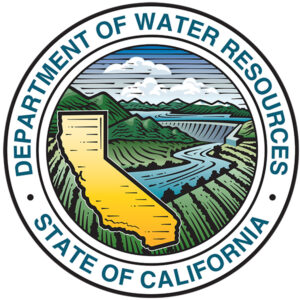Delta Mercury Exposure Reduction Program (MERP)
The Delta Mercury Exposure Reduction Program (Delta MERP) is a collaborative effort to reduce human exposure to mercury from eating fish caught in the Sacramento-San Joaquin Delta. While fish is a highly-nutritious food and an important part of a healthy diet, many types of fish caught in the Delta and other California water bodies contain mercury, a harmful chemical. Delta MERP raises public awareness on how to eat fish safely and increases understanding of fish contamination issues in the Delta.
In order to protect public health, MERP engages disadvantaged communities, local and state agencies, community-based organizations, and tribes in culturally-relevant risk-reduction activities. These activities include conducting needs assessments and community stakeholder group meetings, posting fish advisory signs in the Delta, and creating multilingual educational materials.
Eating Fish
Fish (including shellfish) are highly-nutritious and are an important part of a healthy diet. Fish are high in protein, low in fat, and a good source of important nutrients. These nutrients include healthy fats called omega-3 fatty acids that are good for both adults and children. For adults, eating at least 8 ounces of a variety of fish per week, including some high in omega-3s, may prevent heart disease. Omega-3 fatty acids are essential for healthy brain, eye, and nerve development in babies and children. By eating at least 8 ounces of fish per week, pregnant and breastfeeding women can pass these nutrients on to their babies.
Some fish may contain high levels of mercury and polychlorinated biphenyls (PCBs). Mercury is harmful to the brain and nervous system, and PCBs might cause cancer. Everyone should limit or avoid fish that have high levels of mercury or PCBs. It is especially important for women ages 18-45 and children ages 1-17 to avoid eating fish that have high levels of mercury. Because their brains are still developing, babies and children are more sensitive to the harmful effects of mercury. Exposure to mercury can cause them to learn more slowly.
Delta MERP Grant Programs
The Delta MERP has awarded grants in two programs: the Community Grant Program to help groups serving vulnerable populations integrate MERP messaging into their ongoing programs, and the Small Grant Program for projects that increase public awareness and understanding of fish contamination issues in the Delta.
Community Grant Program awardees include:
Small Grant Program awardees include:
- Asian Pacific Self-Development and Residential Association (APSARA)
- Yolo County Children’s Alliance
- California Indian Environmental Alliance (CIEA)
- Lao Khmu Association
Delta MERP Contacts
Kirt Sandhu
Sacramento-San Joaquin Delta Conservancy
(916) 464-4706
kirt.sandhu@deltaconservancy.ca.gov (email link)
Laura Jensen
Sacramento-San Joaquin Delta Conservancy
(916) 375-2087
laura.jensen@deltaconservancy.ca.gov (email link)
Selina Cole
Central Valley Regional Water Quality Control Board
(916) 464-4683
selina.cole@waterboards.ca.gov (email link)






